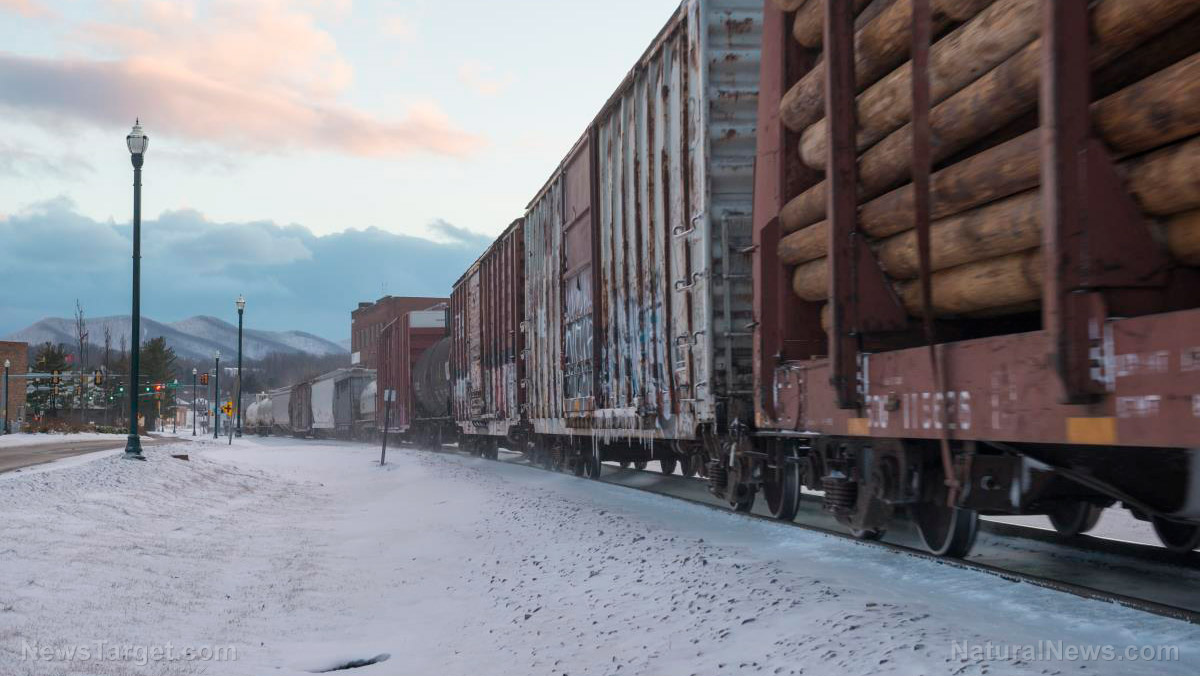 Parler
Parler Gab
Gab
If crop harvests don't get picked up and delivered, expect empty shelves at the grocery store
As many as 115,000 rail workers could end up walking off the job on Sunday, July 17, if Biden fails to appoint a PEB. And even if he does, that will not necessarily guarantee a resolution. The rail industry is fully prepared, it says, to strike on Monday if nothing happens by Sunday. The White House, meanwhile, says it "is going through the standard process that has been used in the past when considering a PEB," which leaves the situation unclear. The National Railway Labor Conference (NRLC) says "the railroads expect a PEB will be appointed in this dispute before the end of the 30-day cooling off period, as has been the case in prior unresolved national rail negotiations." Other industry players reportedly believe the same. If a PEB is appointed, the board has 30 days to make settlement recommendations, during which time a strike is prohibited. Then, there would be another 30-day buffer period for either implementation or a strike. Another problem that a resolution will not fix, however, is the labor shortage situation. There are simply not enough people willing to work the railroads anymore, we are told, which means those who do work in the industry end up with more responsibilities. This is a major point of contention in the negotiations as workers say they need a lot more pay to make up for the extra work they are having to do, especially as rail companies tighten the noose on them in pursuit of higher profits. "If this slowdown continues at this rate, we risk not having space for the 2022 harvest for our 7,000 farmer members by an estimated total bushels of 15,750,000!" reads a letter from Landus Coop, which represents 7,000 farmer owners in Iowa, addressing serious issues with the rail industry even before a potential strike. To keep up with the latest news about this topic, visit FoodCollapse.com. Sources include: AgWeb.com Foster Farms Petition JTA.org NaturalNews.comCOVID QR codes now being used to RATION FUEL in Sri Lanka as economic collapse accelerates
By Ethan Huff // Share
FOOD QUIZ: How many of these 9 surprisingly common FOOD TOXINS do you consume regularly?
By S.D. Wells // Share
California Gov. Newsom signs bill to track “sexually violent predators” using GPS
By Mary Villareal // Share
Governments continue to obscure COVID-19 vaccine data amid rising concerns over excess deaths
By patricklewis // Share
Tech giant Microsoft backs EXTINCTION with its support of carbon capture programs
By ramontomeydw // Share
Germany to resume arms exports to Israel despite repeated ceasefire violations
By isabelle // Share










